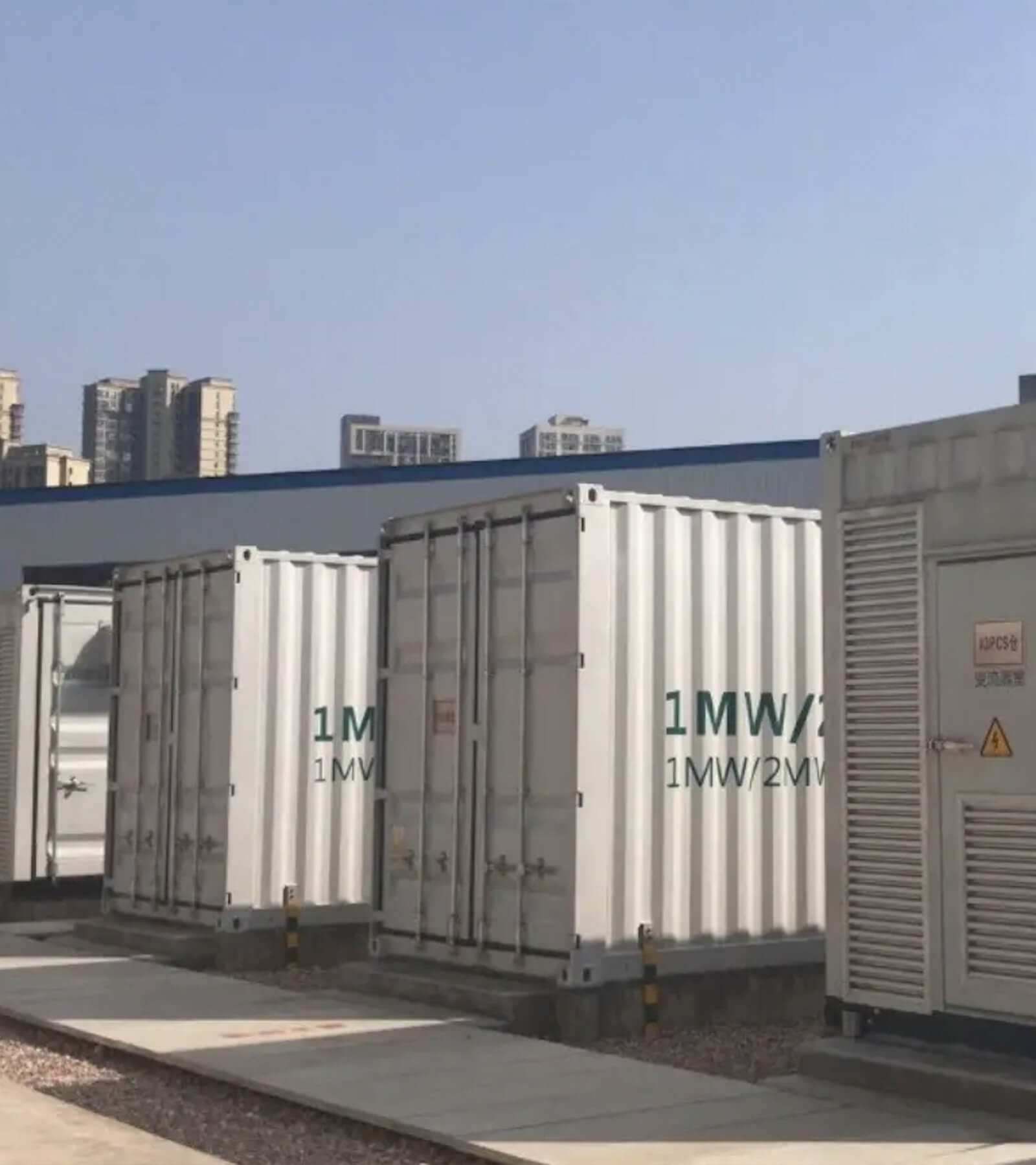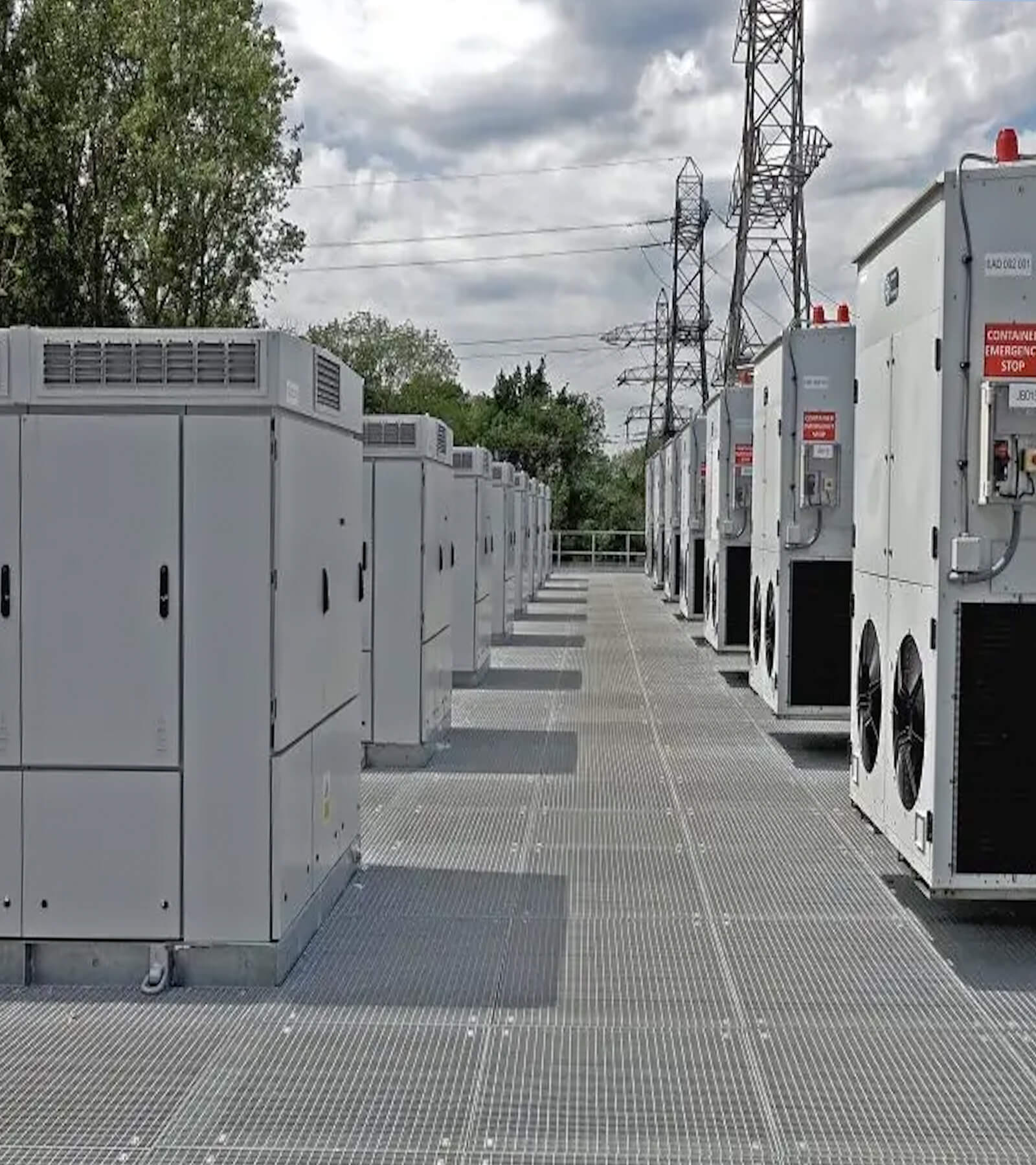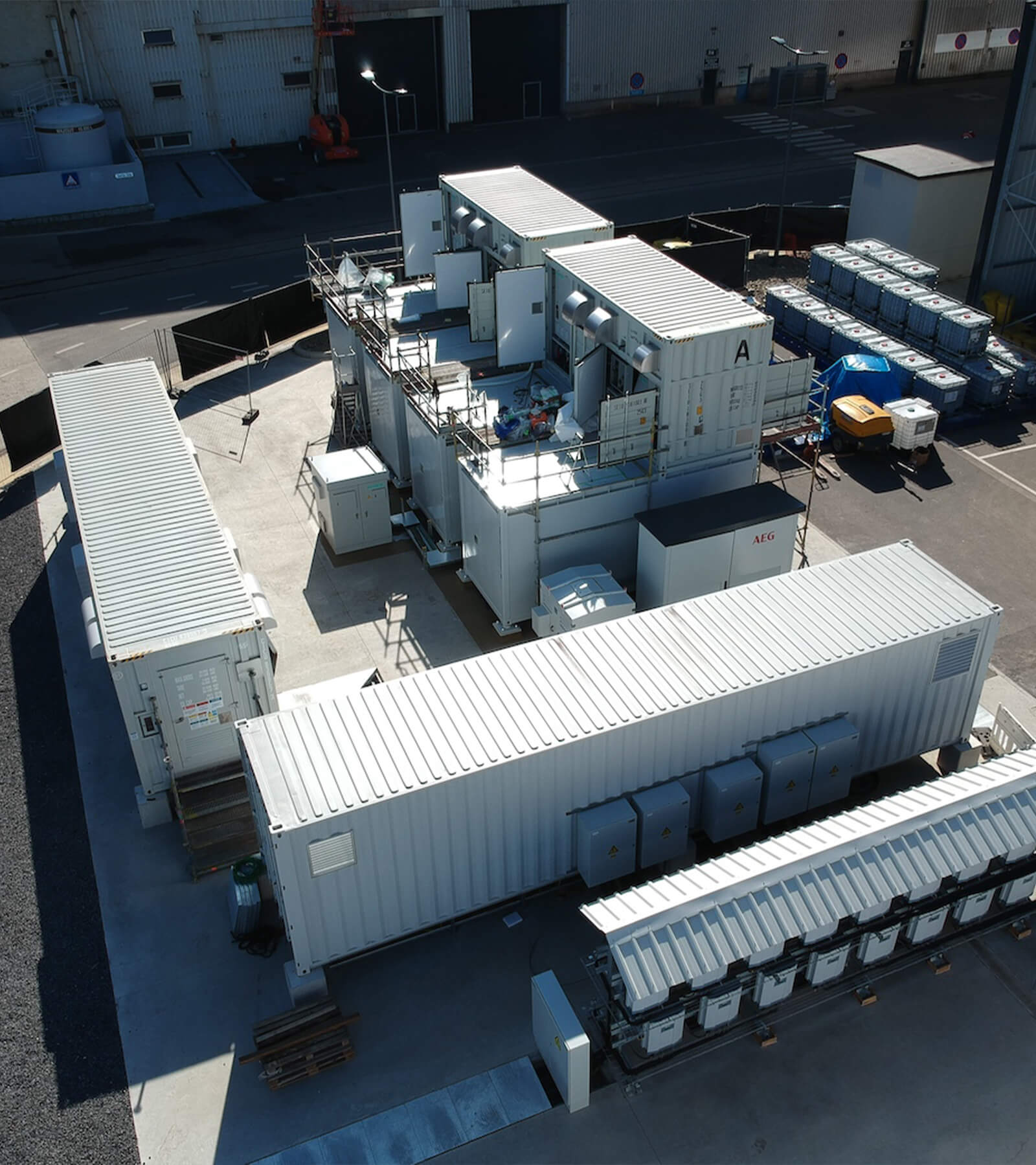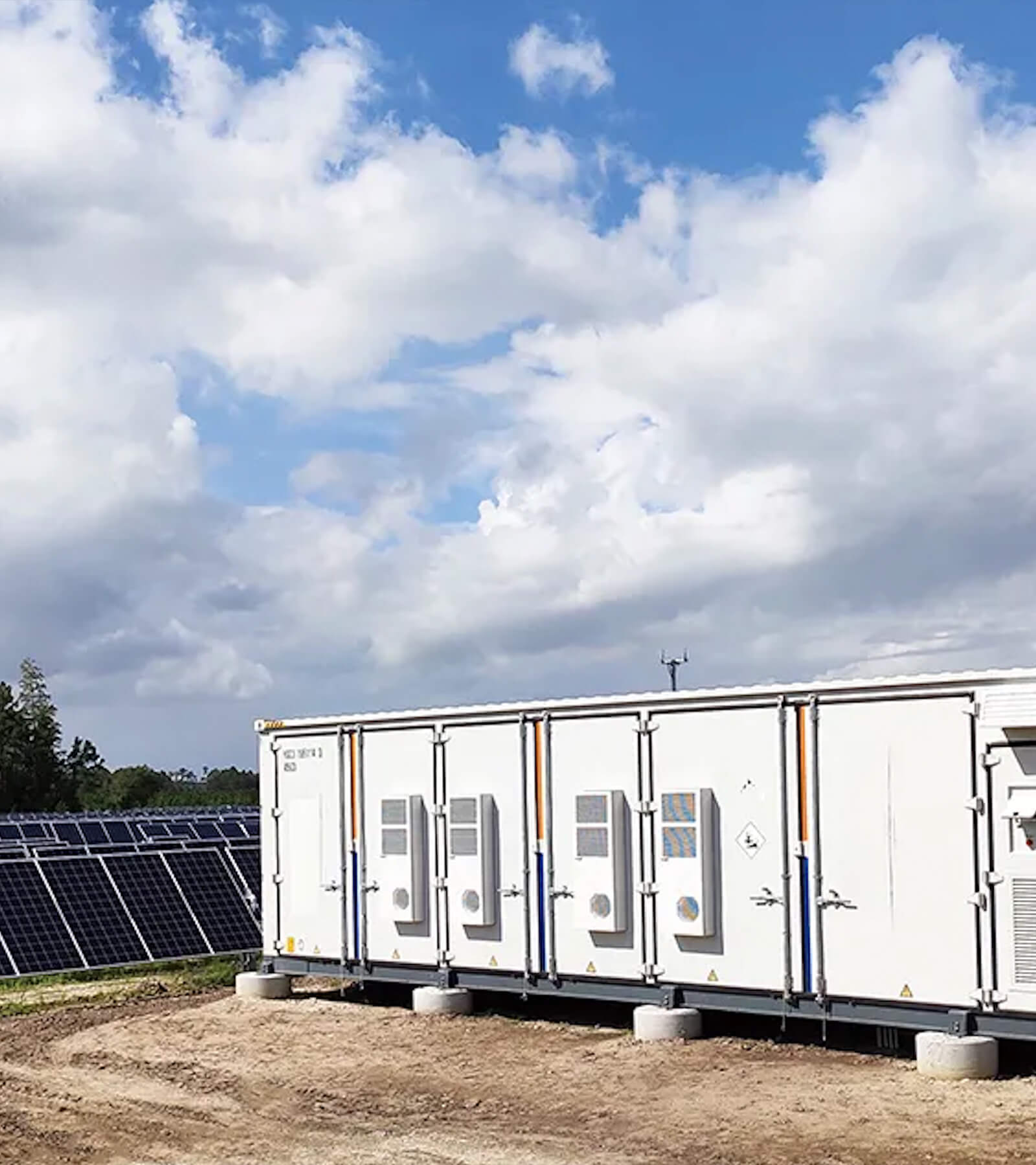Commercial and industrial solar system have emerged as a crucial tool for businesses across Europe looking to cut energy costs, boost sustainability, and achieve greater energy autonomy. With the increasing burden of rising energy prices and growing environmental concerns, solar energy presents an efficient and cost-effective solution. This article explores how to calculate the return on investment (ROI) for solar systems, outlines the latest solar policies in Europe, and offers specific data and calculations to help businesses make informed decisions.
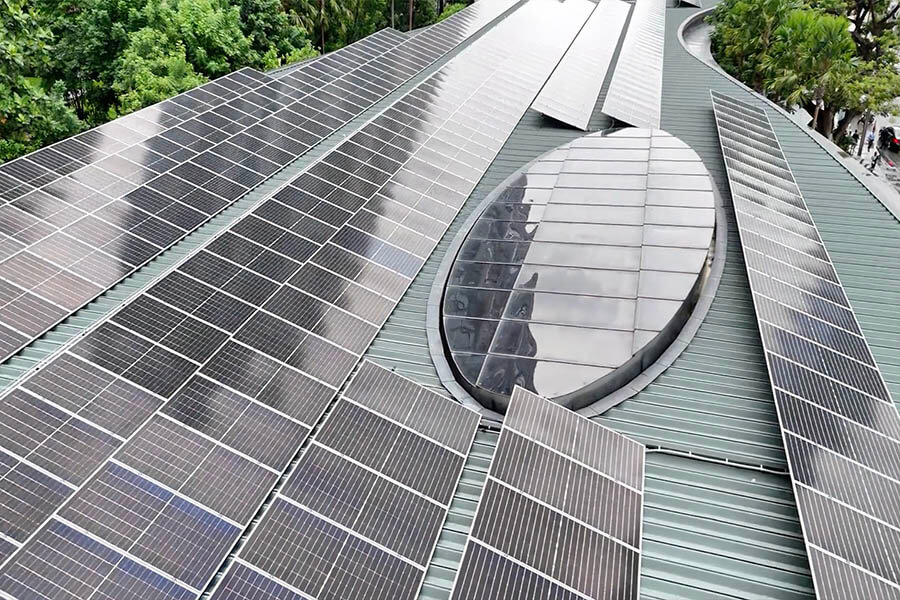
ROI Calculation for Solar Systems
The ROI is a critical metric to determine whether a solar investment is worthwhile. The ROI calculation typically depends on the initial investment and the savings in electricity costs. The ROI formula is:
ROI=Annual savings on electricity / System installation cost×100
Example:
If your business installs a 10 kW solar system, with a total investment of €15,000, and saves €2,000 annually in electricity bills, the ROI would be:
ROI=2,00015,000×100=13.33%
ROI Analysis for Different System Sizes:
- Small Systems (10 kW):
- Initial investment: €10,000 – €15,000
- Annual savings: €1,200 – €2,000
- ROI: 12% – 18% / Payback period: 5-7 years
- Medium Systems (100 kW):
- Initial investment: €90,000 – €130,000
- Annual savings: €15,000 – €30,000
- ROI: 12% – 18% / Payback period: 5-7 years
- Large Systems (500 kW):
- Initial investment: €400,000 – €600,000
- Annual savings: €60,000 – €100,000
- ROI: 10% – 20% / Payback period: 5-8 years
Factors Affecting ROI:
- Electricity Prices: Higher electricity prices increase savings and shorten payback time.
- Government Subsidies: Incentives and rebates can reduce initial investment costs and improve ROI.
- System Size: Larger systems typically offer better efficiency and greater long-term savings.
Reference Data: According to the IRENA report, the payback period for solar systems in Europe is typically 5 to 7 years, especially in regions with high electricity prices.
Solar Policies in European Countries: Understanding Government Support
Conclusion: Solar policies in European countries such as Germany and France significantly influence solar investments. Government incentives, such as feed-in tariffs and tax breaks, help businesses lower initial costs and improve ROI.
Overview of Solar Policies by Country:
- Germany:
- Feed-in Tariffs (FiT): Germany offers fixed tariffs for electricity generated by solar panels, which vary based on project size, installation date, and location. The tariffs typically range from €0.06 to €0.10/kWh.
- Tax Incentives: Businesses can benefit from tax deductions on the depreciation of solar energy equipment, lowering overall investment costs.
- France:
- Self-Consumption Subsidy: French businesses installing solar systems for self-consumption can benefit from direct subsidies or tax incentives, reducing installation costs.
- Green Certificates: Businesses can earn and sell green certificates for using solar power, generating additional revenue streams.
- Spain:
- Incentives and Subsidies: Spain offers solar storage subsidies, especially for commercial and industrial sectors. Companies can apply for financial support to reduce installation costs.
- Net Metering: Businesses can feed excess solar power into the grid and receive compensation, reducing payback periods.
- Netherlands:
- SDE++ Scheme: The Netherlands offers SDE++ subsidies, which support large-scale solar power projects. Companies can receive subsidies for electricity generation from renewable sources.
- Investment Tax Deductions: Companies can benefit from tax deductions on renewable energy investments, further reducing upfront costs.
Reference Data: According to SolarPower Europe, government policies play a crucial role in supporting solar energy adoption across Europe. Countries like Germany and France are leading the way in offering financial incentives that make solar investments more attractive.
Specific Calculations and Data: How to Assess the Investment Potential of Solar Projects
Conclusion: To assess the investment potential of a solar project, businesses should consider factors such as total investment, annual electricity savings, local electricity prices, and government incentives. Below is an example of a detailed calculation:
Calculating Total Solar System Investment
System Costs:
- Solar Panels: Around €800 – €1,200 per kW
- Inverters: Typically €1,000 – €1,500 per unit
- Installation Costs: Usually represent 10%–20% of the total cost
Annual Savings on Electricity Calculation:
If your business consumes 100,000 kWh per year and the local electricity price is €0.20/kWh, the annual electricity cost is:
100,000 kWh×€0.20=€20,000
If you install a 50 kW solar system that generates 60,000 kWh annually, the annual savings would be:
60,000 kWh×€0.20=€12,000
Payback Period Calculation:
Assuming a total installation cost of €50,000, and annual savings of €12,000, the payback period would be:
Payback period=50,00012,000=4.2 years
Reference Data: Based on reports from IRENA and SolarPower Europe, large-scale solar systems typically have a payback period of 5 to 7 years, with an ROI ranging from 10% to 18% depending on local electricity prices and available incentives.
By utilizing these calculations and data, businesses can more accurately assess the investment returns of their solar projects, select the optimal system size, and ensure long-term cost savings. Maxbo Solar provides tailored solar solutions to help your business achieve energy independence and cost savings quickly and efficiently.
Conclusion
The ROI, government policies, and specific calculations are the key factors determining the success of solar projects. By understanding how to calculate ROI, taking advantage of European solar policies, and using precise data for evaluations, businesses can optimize their solar investments. If you’re ready to take the next step and explore solar solutions, visit Maxbo Solar for professional support.
Website: www.maxbo-solar.com
Email: [email protected]
Solar System Price for Home Solar System Price for Home Solar System Price for Home Solar System Price for Home Solar System Price for Home Solar System Price for Home Solar System Price for Home Solar System Price for Home Solar System Price for Hom
Solar System Price for Home Solar System Price for Home Solar System Price for Home Solar System Price for Home Solar System Price for Home Solar System Price for Home Solar System Price for Home Solar System Price for Home

